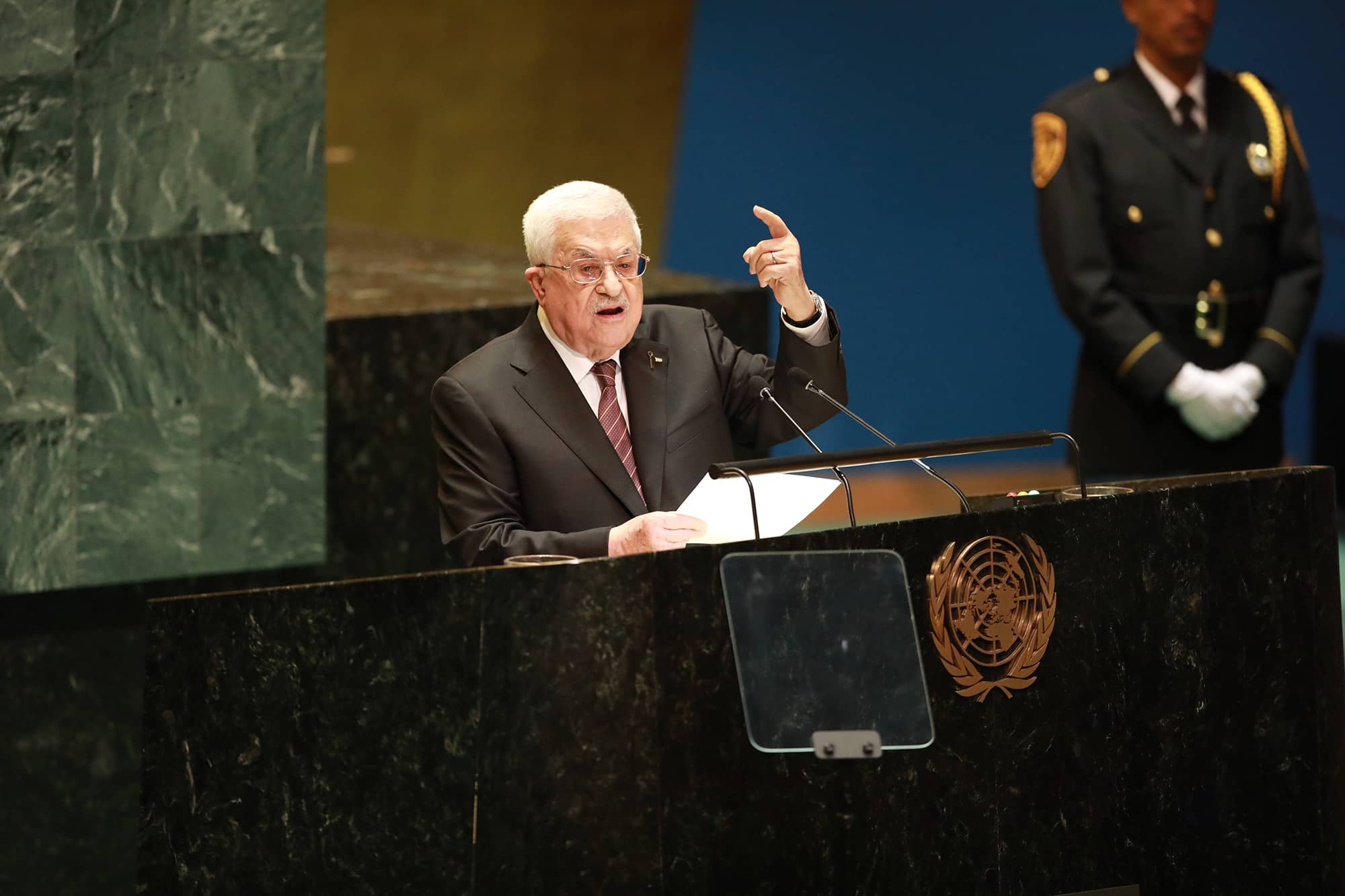
By Tara Kavaler
Prime Minister Binyamin Netanyahu is set to become the first-ever sitting Israeli leader to visit Brazil when he attends the inauguration of President-elect Jair Bolsonaro later this month. During his five-day trip to Brazilia and Rio de Janeiro, Netanyahu also is expected to meet with heads of the local Jewish community.
The Israeli government has made South America—and, more broadly, Latin America—the focus of a major diplomatic push, with Netanyahu having become the first premier to visit the region last September, making stops in Argentina, Paraguay, Colombia and Mexico.
Israel’s prime minister asserted this week that Bolsonaro is planning to “carry out a revolution in Brazil’s relations with Israel,” including by following through on his campaign promise to recognize Jerusalem as the Jewish state’s capital and move his nation’s embassy to the holy city.
“[Brazil is] not just another country—even though every country is important—it’s [has] nearly a quarter of a billion people, [it’s] a superpower,” Netanyahu proclaimed.
According to Dr. Emmanuel Navon, Senior Fellow at the Jerusalem Institute for Strategic Studies, the Israeli leader is pouncing on the opportunity to make inroads on a continent that, historically, has not been particularly warm to Jerusalem.
“Netanyahu wants to establish a working relationship with a pro-Israel leader when he can… It is important to have Brazil as a [global] ally and to fight against [Iran and its proxy Hizbullah’s] influence in that region.”
Brazil could, however, face economic consequences for cozying up to the Jewish state, with the Arab League having warned Bolsonaro that the body would view any initiative that changes the status of Jerusalem as a violation of international law. Notably, Brazil is one of the world’s top exporters of halal meat—which is butchered and prepared in accordance with Islamic law—and therefore is susceptible to a possible boycott by Middle East countries.
Nevertheless, Netanyahu remains poised to enhance bilateral ties with Brazilia based on shared interests.
“Bolsonaro is somebody who is tough on crime and he appreciates Israel’s expertise in counter-terrorism and its military capability. He is also pro-free market, unlike some of his predecessors,” Dr. Navon elaborated, adding that the Brazilian president-elect likewise has political motivations for supporting Israel due to his reliance on a large base of Christian evangelicals.
Indeed, Bolsonaro will likely be a welcome change from outgoing president Michel Temer, who together with his predecessor Dilma Rousseff backed the opening a Palestinian mission in Brazilia and took the rare move of rejecting Israel’s appointment of Dani Dayan—a former leader of the Jewish settlement movement in the West Bank—as ambassador to Brazil.
On the flip side, some in Israel are weary of Bolsonaro given his promotion of a populist agenda and stated support for Brazil’s former military rulers. However, Netanyahu has shown a willingness to do business with governments that contain far-right elements, including, for example, those of Hungary, Poland, Italy and the Philippines. In doing so, his proponents contend, the premier has managed to expand Israel’s associations in a way that previous leaders could not.
“Latin America is a place where Israel has not had great relationships,” Asher Susser, Professor of Middle Eastern Studies at Tel Aviv University, told The Media Line.
“Establishing a wide range of international ties has been a goal of Israel but it has not always had much success. Netanyahu has done quite well in this regard,” he concluded.
The Israeli prime minister is due to depart for Brazil on December 27.
The Media Line, 23.12. 2018















The Kidnapping Threat: Preventing Israel’s Moral Commitment to Hostages from Becoming a Strategic Vulnerability